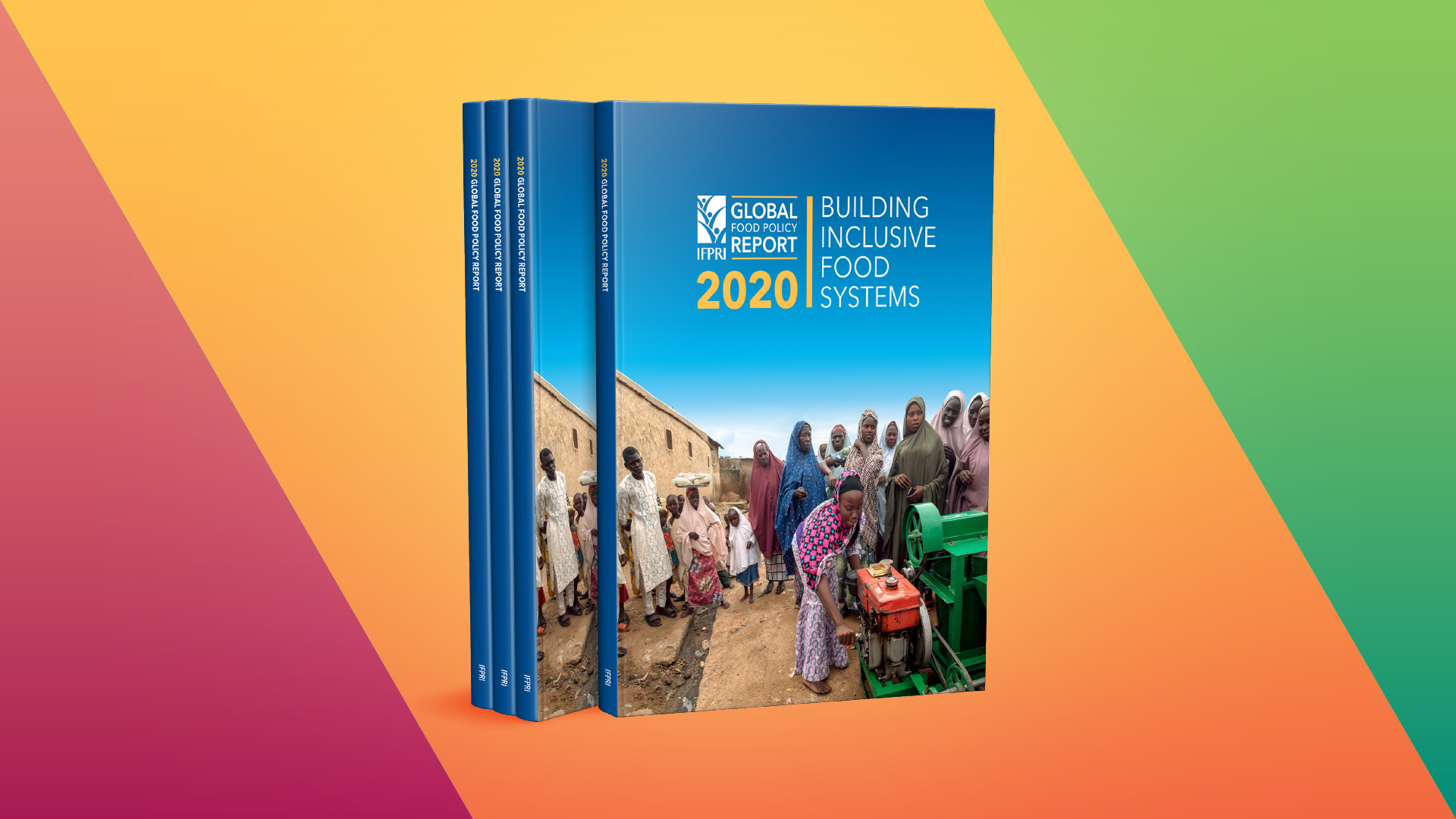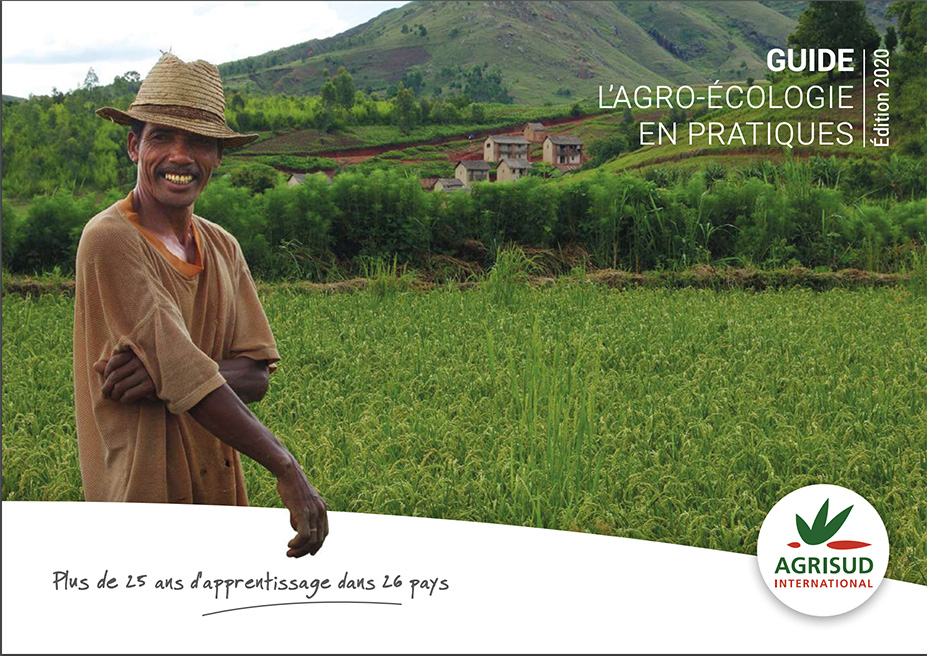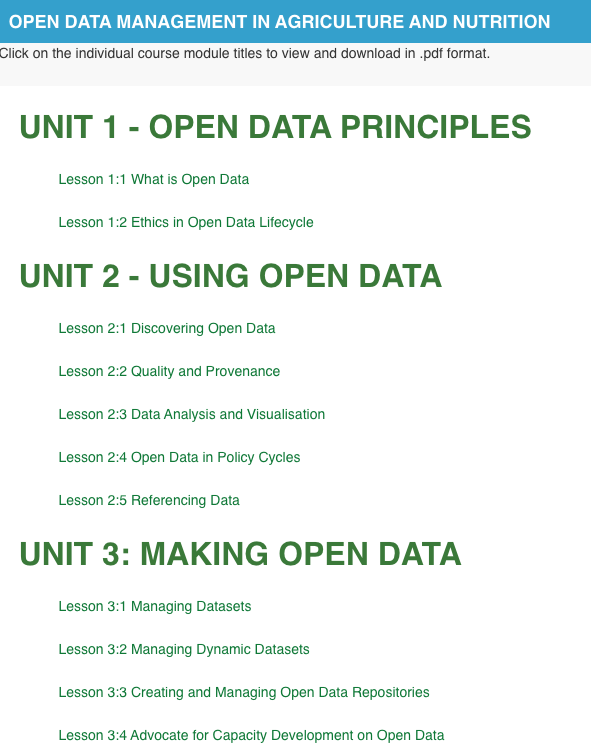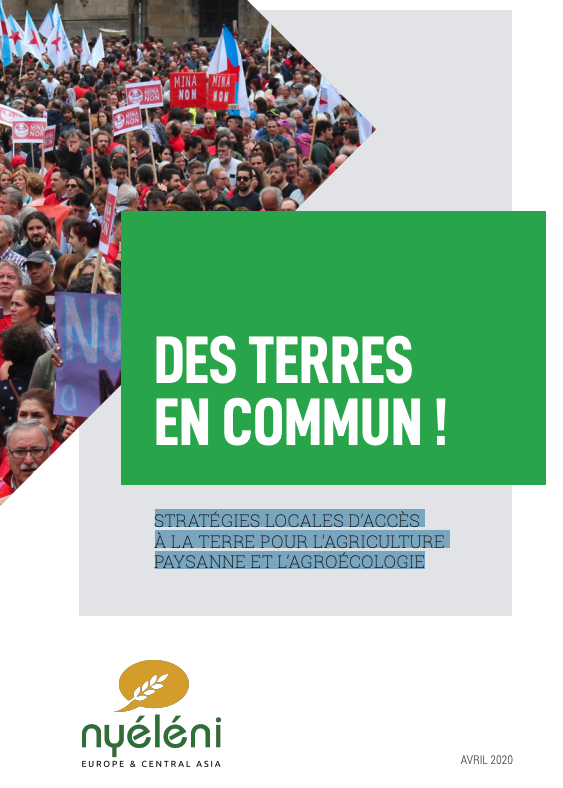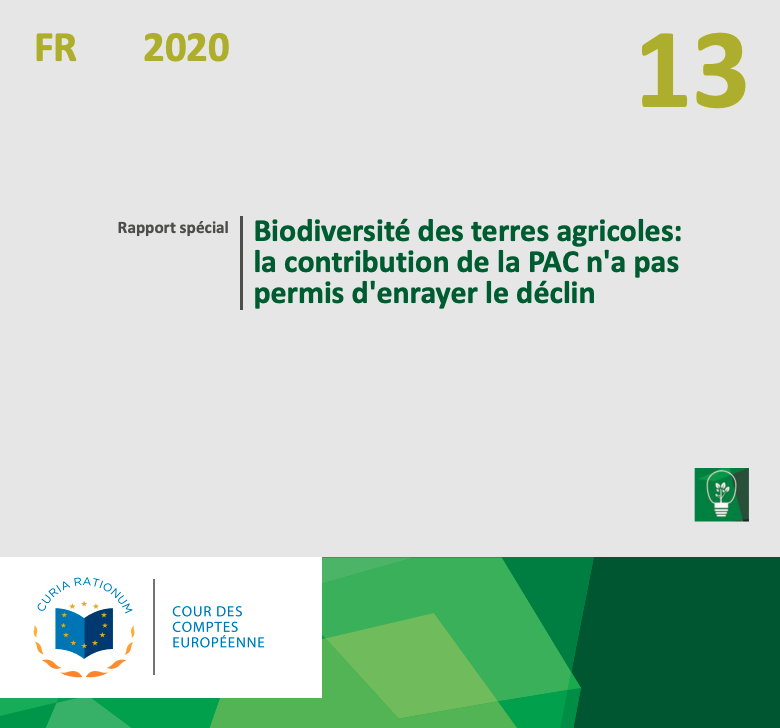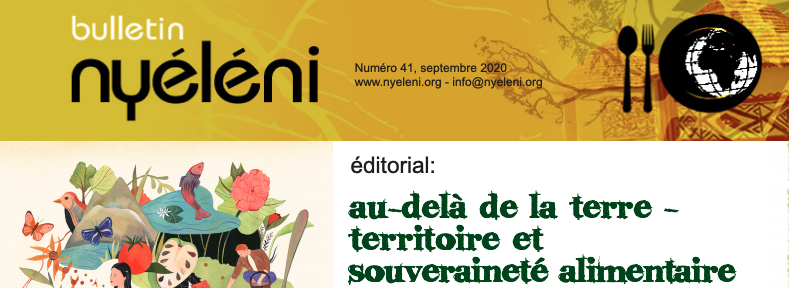Scenarios of land system change in the Lao PDR: Transitions in response to alternative demands on goods and services provided by the land
Sudden and gradual land use changes can result in different socio-ecological systems, sometimes referred to as regime shifts. The Lao PDR (Laos) has been reported to show early signs of such regime shifts in land systems with potentially major socio-ecological implications. However, given the complex mosaic of different land systems, including shifting cultivation, such changes are not easily assessed using traditional land cover data. Moreover, regime shifts in land systems are difficult to simulate with traditional land cover modelling approaches.


